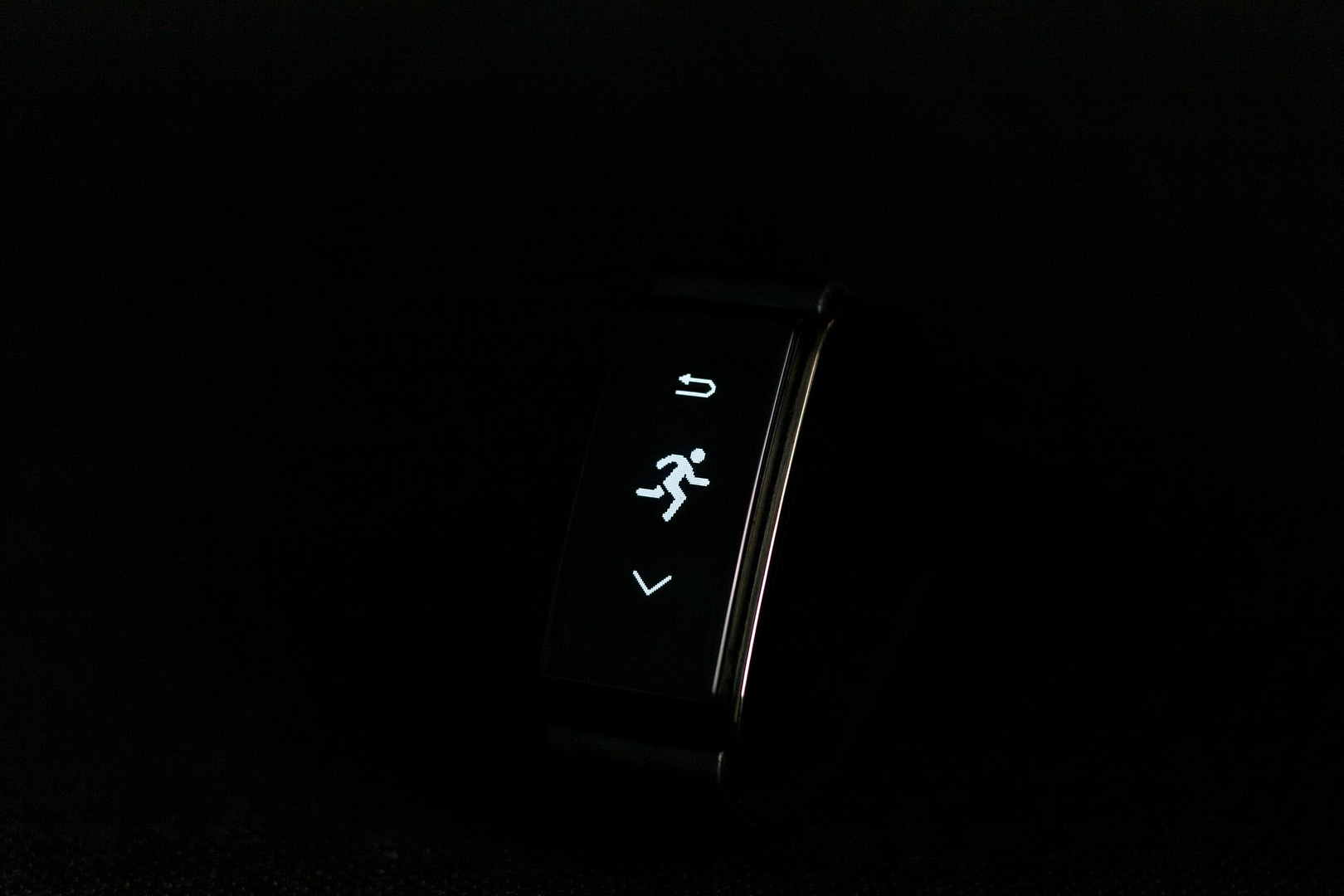How did we keep track of how much we walked, ran, slept, ate, drank,and myriad other things during a time when nobody knew that these things were supposed to be tracked? A job some nosy neighbour or accomplice would have probably done it for you can now be done by yourself. You only have to strap on an annoying plastic band on your wrist, as you breathe and live through each and every day of your life, and the job is done.
The sheer volume of products sold in the name of fitness today is numerous. People somehow believe that by owning these products accounts for achieving some level of fitness; especially when it comes to fitness trackers. It almost seems that if you wish to be fit in life, you need to be having one of these. We have almost come to a point where if you don’t own one, you are perceived to be non-committal to your fitness goals. Silly!
Referred to as wearable technology, fitness trackers gained enormous fame and traction in the last decade (predominantly in the last 5-6 years). Fitbit was the first brand to be synonymous in fitness tech. Their fitness bands paved the way for various brands to enter this market and even evolve to bigger tech such as smartwatches. When Samsung and Apple decided to enter this space, wearable technology companies have constantly been innovating and competing ever since (so have the people who own them).
As we all know, fitness bands/smartwatches can track your various physical activities such as number of steps and floors covered, calories burnt, sleep hours and patterns and not to forget, it tells time too! The idea is to track and ‘motivate’ yourself to move about and not be idle. You create self-goals based on a physical activity of your choice and feel proud after achieving them (and feel worthless when you don’t). To make it interesting (or not) you even have an option for a ‘social connect’ where you can connect with other members of the same smartwatch brand and know what they are upto (Instagram, you listening?). You can follow your family and friends and know where you stand (as if your life’s constant validation was not enough). You can even have a “healthy” competition amongst each other by beating each other’s step score, calories, etc. because you either want to gloat or you want to be bullied. This method of competitive tracking is utilized in corporates too. A fitness brand associates with the company and the employees agree to be tracked by them (Go on; sign up; data privacy : out the window) and the top most physically active employee wins prizes. In my view: what an excellent process to find your least productive employee.
Now before my pessimistic vibes are all over the place, I’d definitely highlight how this technology does wonders too. A feature that became an essential in smartwatches from past few years was heart-rate monitors.These watches have helped many prevent heart related illnesses and get help at the right time by alerting the right people after an injury/accident .A few years back, I too got smitten by the ‘smartness’ bug and purchased a Samsung fitness watch, which eventually led to few major changes in my life. My heart rate monitor aided me to a doctor for diagnosis and medication; I like to believe that I probably prevented my heart from exploding and brought in a bunch of life and lifestyle changes for the better!
Besides that one wondrous feature on these watches, I still ponder over the effectiveness of all the other features it was built to do. Think about this; a stubborn person who has no resolve to move about, will not do so just because he has a gadget to tell him to do so. In fact if you have the resolve and commitment to stay fit, is that gadget really required? Does the person become active because he/she is being tracked or because he/she simply decided to be active?




Nice to see both sides of the perspectives.. and yes for me it is a motivator, it tells me to get up and workout when I’m idle 🤪 so I love it 🙂
Nice to know viji! 😊